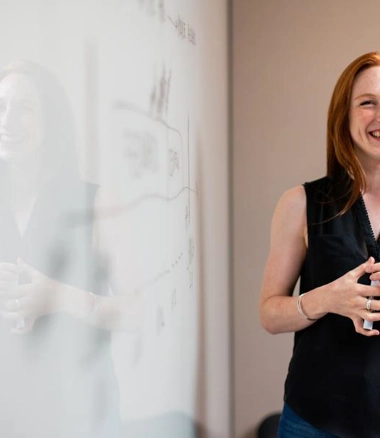
What is Digital Engineering and what does it mean for the Construction & Property Industry?
“Digital Engineering” and “BIM” are terms that we are hearing more and more in conversations centered around design and construction, and often have different meaning associated with them – dependent on the individual.
In the hope of offering a little clarity to the industry, we have been speaking with key individuals within the Australian digital market to hear their thoughts on what exactly digital engineering is, and what does it mean for the Construction & Property Industry.
We met with Steve Fox, Principal at BIM Consulting, Lecturer at the University of Sydney and a long-time committee member of SydBIM to talk DE.
CR: What is digital engineering? How would you define it?
SF: It is an invented term, like BIM, trending in our industry right now. Our industry is continuing to adopt a more data centric approach to the design and delivery of projects, and the operation of our assets. We are deploying better technological solutions, supported with digitally focussed collaborative methodologies. Digital engineering and BIM play an important role in the evolution of our industry, a part of the digital transformation that private sector organisations and public agencies are striving for.
CR: How would you classify the difference between digital engineering and BIM?
SF: If people aim to be more efficient by using a more data-centric approach in their work, and they call it either DE or BIM, then there’s no difference for me.
CR: Who is involved and whom does it affect?
SF: Every imaginable consultant, supplier, or owner operator who contributes or consumes project and asset data is usually involved in some sort of digital survey, digital design, digital manufacture, digital delivery, digital construction or digital management process. Most people that contribute to a project, or with an asset in operation could engage in some sort of digitally connected process.
CR: What are the benefits of ‘digital engineering’?
SF: Different people gain different specific benefits, but the overall aim of adopting a more digitally connected process, and to generate more structured project data, is to improve efficiency in some way. Asset owners stand to gain the most benefit, from potential OpEx (operational expenditure) savings associated with the enhanced information management a highly sophisticated digital twin provides.
CR: What skills/software skills are the most in demand/lacking in the industry?
SF: The answer is simply to become adaptable to changing technologies and process. Software often evolves, project requirements change, so too must the people interfacing with the ever-changing technological landscape. I firmly believe that people are avoiding communicating directly with each other in conversation. We see failures when communication and commitment to a collaborative approach break down. Good communicators will strive ahead.
CR: How do you see digital engineering changing in the next 5 years?
SF: Automation is likely to impact our work process with an increase in customised software engineering. Applications will be better integrated, which would hopefully address double handling of data seen in organisations and projects with siloed data. Software platforms will be web-based and better connected over the cloud. Outsourcing of 3D modelling production will become even more widespread. With more public agencies driving the digital transformation agenda, a higher percentage of projects will require the implementation of digital engineering.
CR: What advice would you give to an engineer interested in going digital?
If you are technical, learn computational skills that will enable you to generate solutions more effectively and backed with data and analysis. If you are more managerial or strategically focussed, I'd encourage you to implement digital workflows. But be mindful of the impact of your decisions on others.





